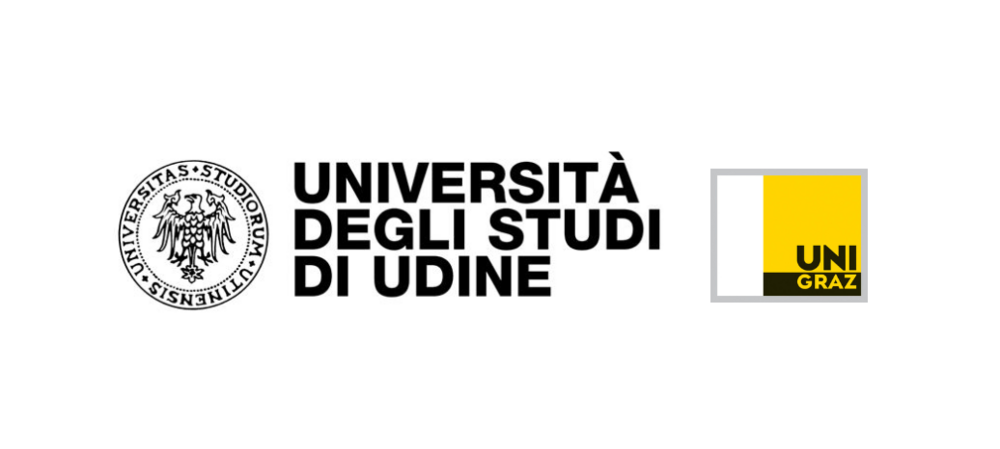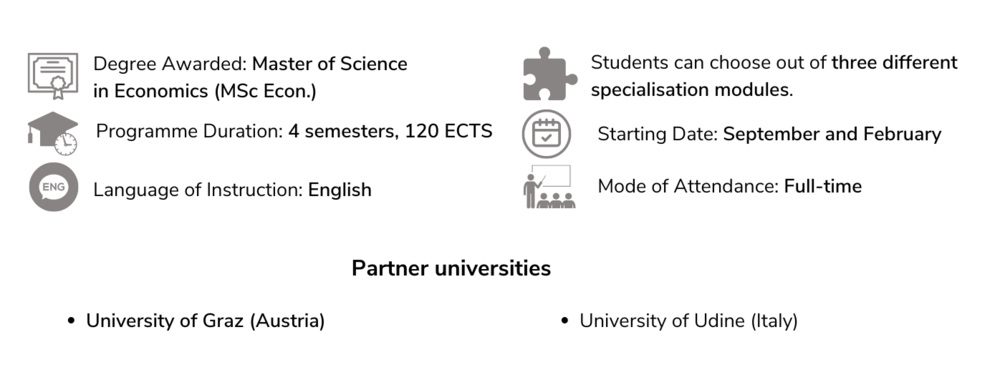The Double Degree Programme Empirical Economics is taught entirely in English. It focuses on empirical economics and provides students with a solid theoretical foundation and the ability to prepare economic policy recommendations through empirical work.
Students of this master’s programme can extend their knowledge of development economics, applied environmental and industrial economics, or public economics and economic policy.

Modules & Specialisation
The master's programme offers a broad general economic education with opportunities for specialisation. This master’s programme will give students a sound training in economic theory on which to base empirical work and make recommendations on economic policy issues. It covers a broad spectrum of topics including environmental and climate economics, game theory, econometrics, international trade, property markets and more.
- Development Economics: Students will explore models from development economics such as "big push" theories and the role of the state in development.
- Applied Environmental Economics: Students will explore advanced methods and models of environmental and resource economics.
- Industrial Economics: Students will explore static models of imperfect competition in price and quantity determination and models of price discrimination.
Degree & Career
As a graduate of this master’s programme you will be able to work in both the private and public sectors, either in Austria or abroad. Depending on your individual focus of studies you will be qualified for professional roles in research in universities and non-university institutions, chambers of commerce and industry and other professional associations, international organisations (such as the OECD, ECB, World Bank, UN), banks and insurance companies, industry, corporate consulting, policy advice, journalism or public relations work in the political and economic sectors.
The Doctoral Programme of Social and Economic Sciences allows you to develop your own research interests further and to perfect your methodological skills. You will work independently to investigate academic questions and contribute to the development of knowledge and innovation in your subject area.

Mobility & Participating Universities
Students choose one of these universities as their entrance university where they start and finish the programme. Students complete their mandatory mobility semester at the participating partner university.

